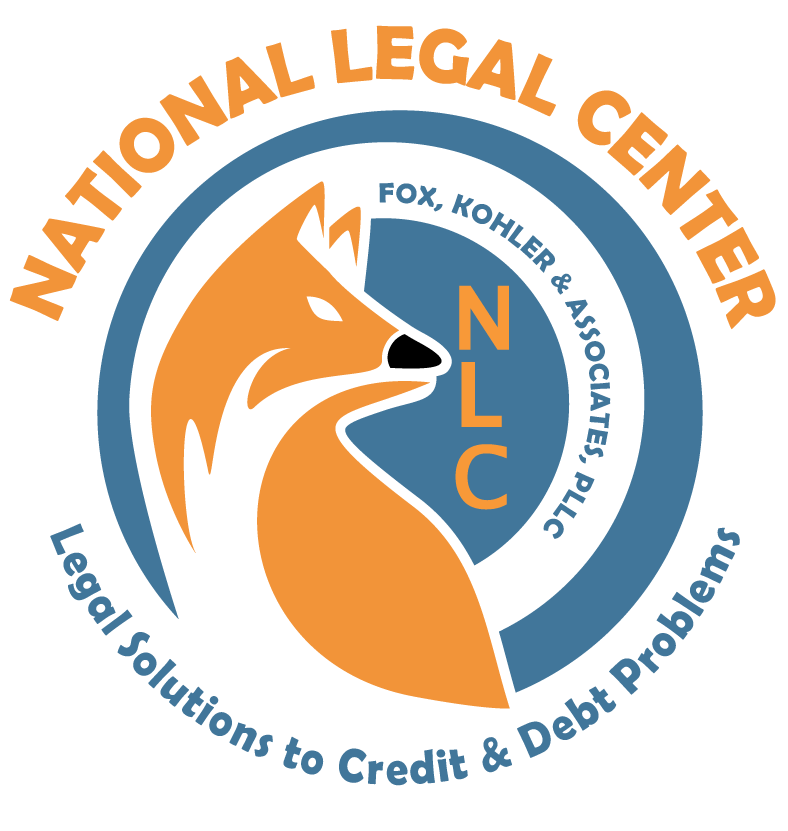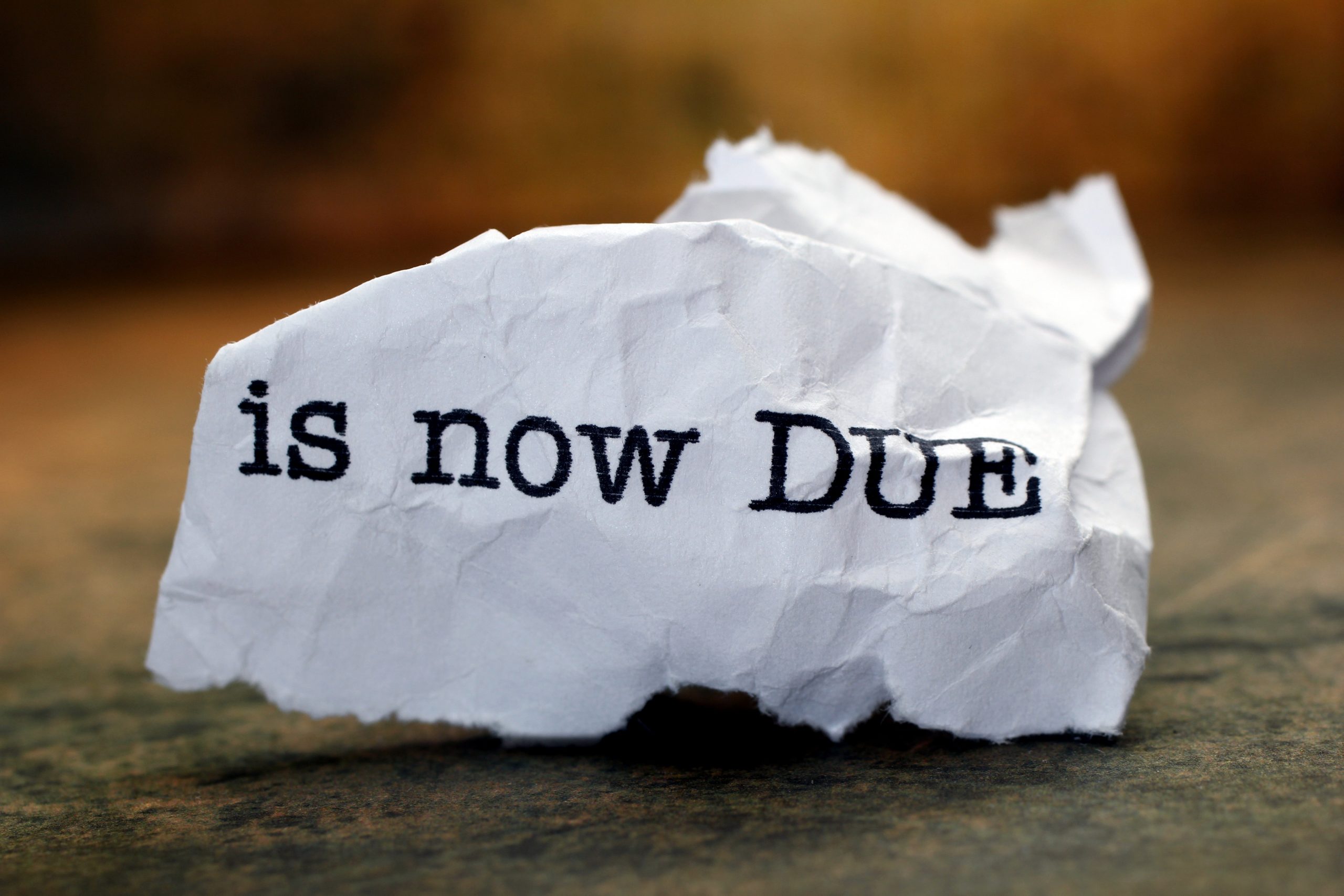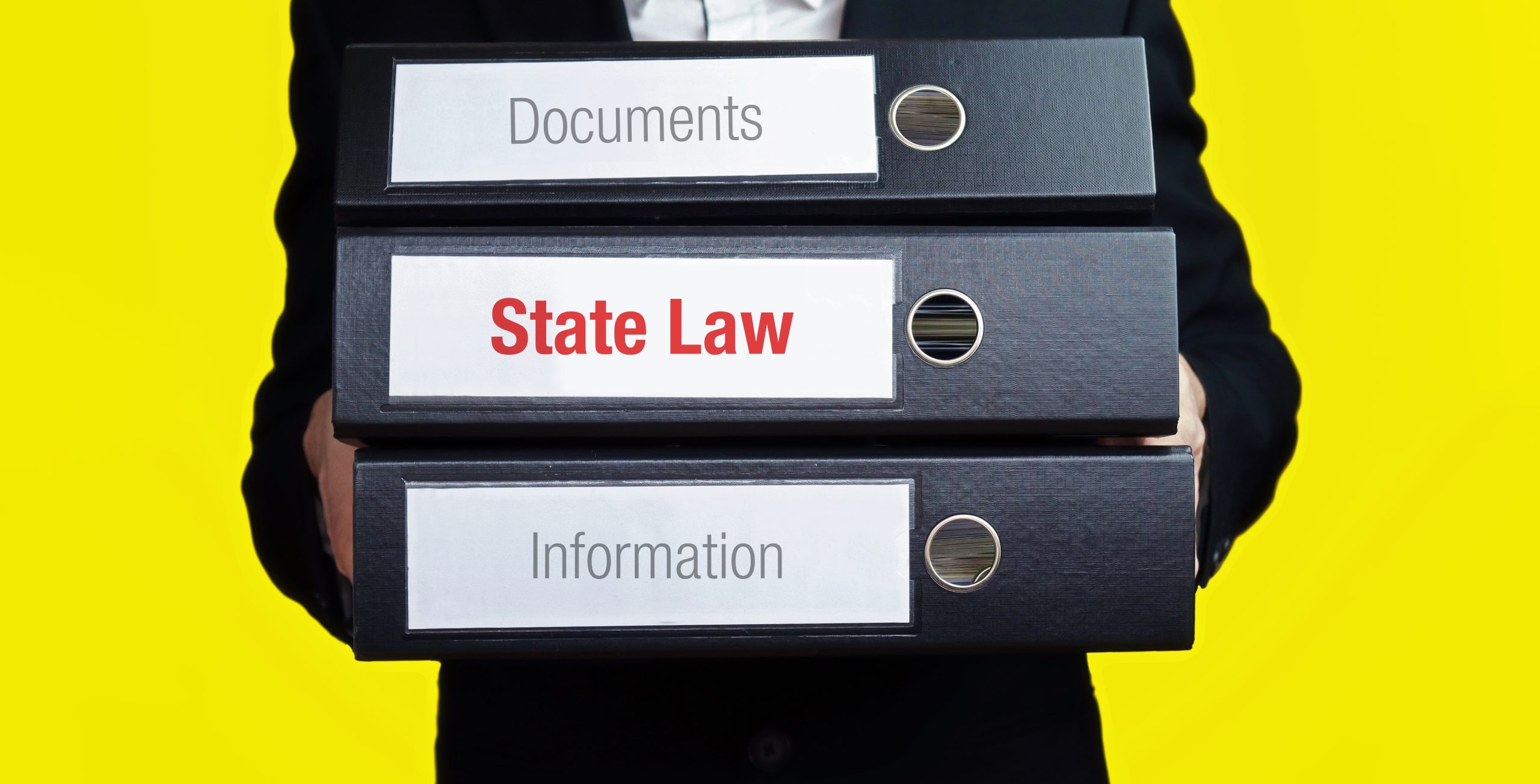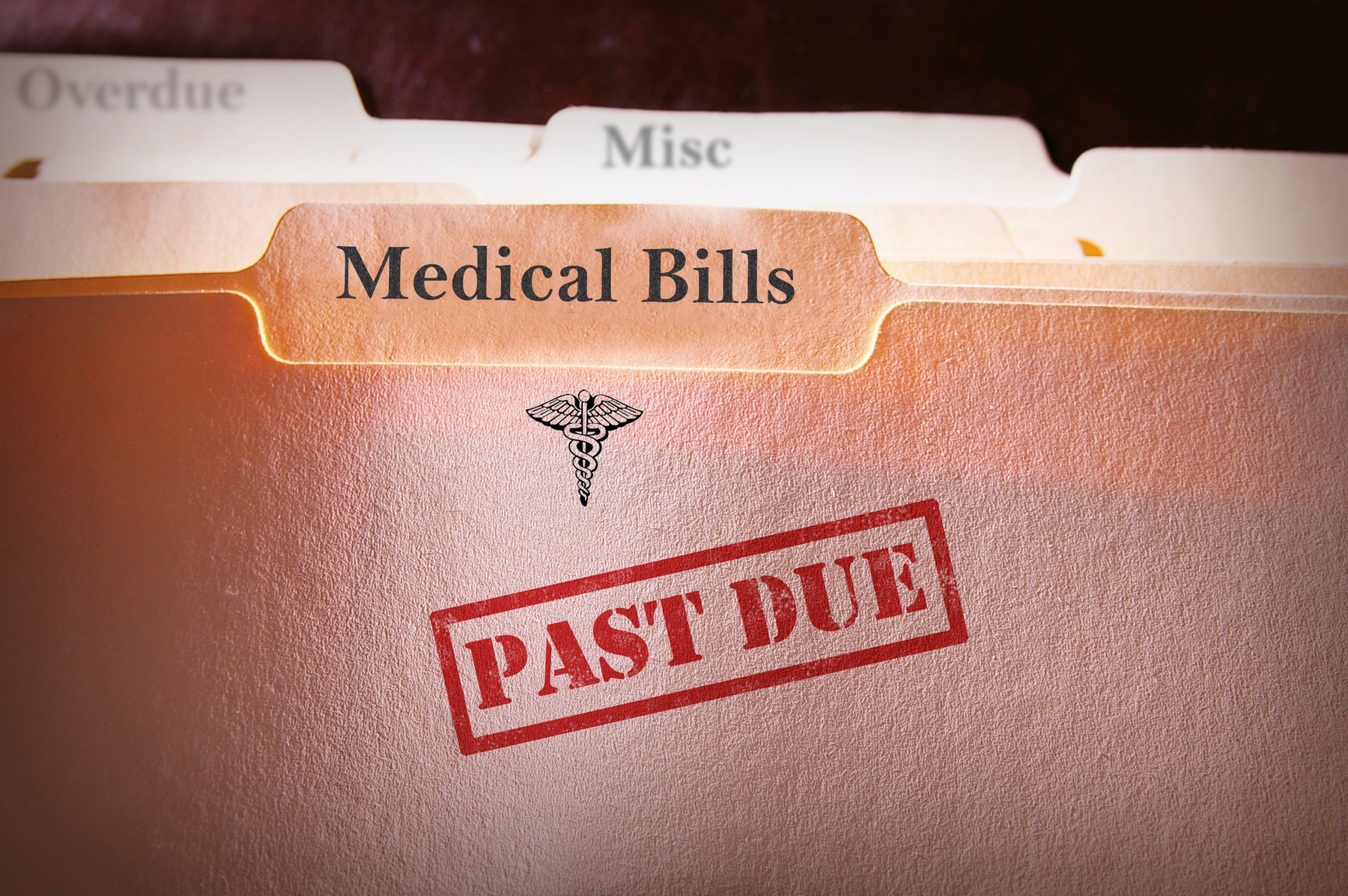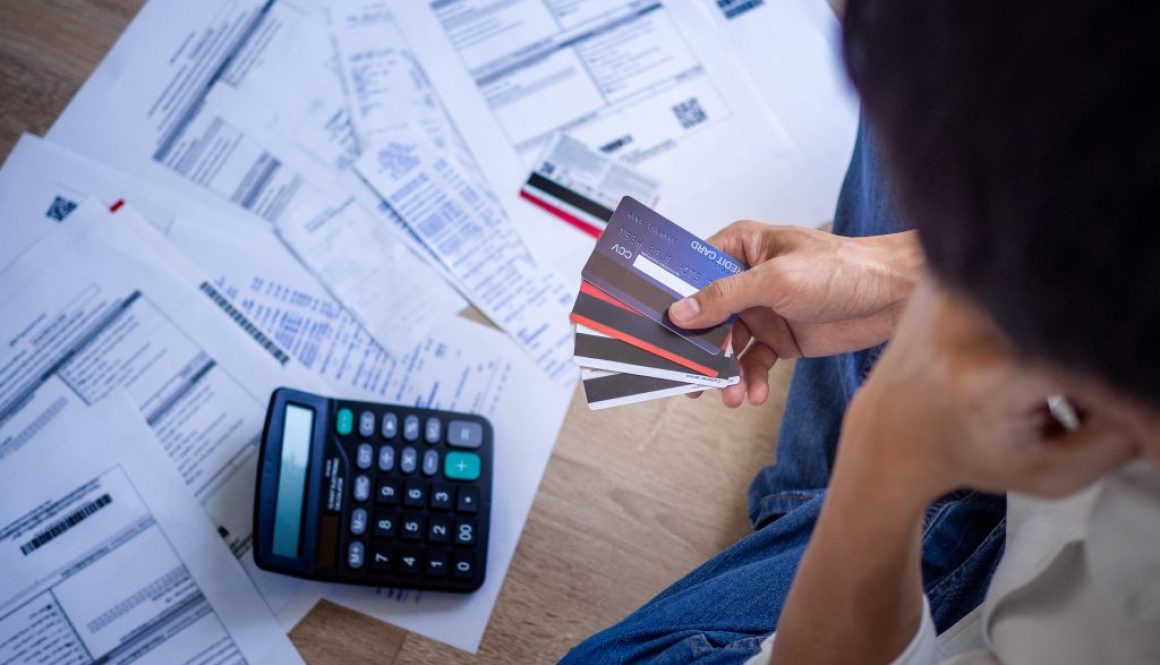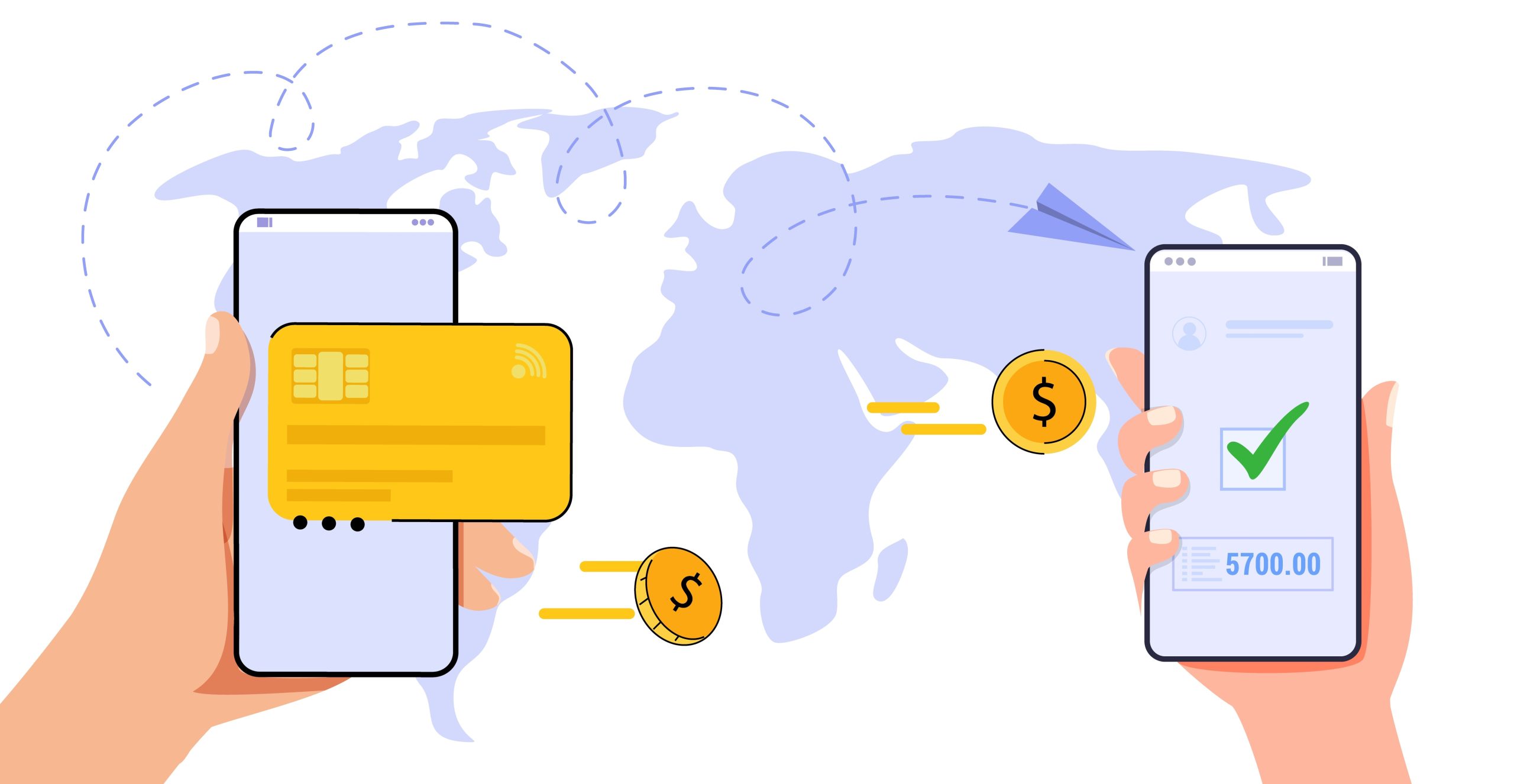Balance Transfer Fee
Balance transfer fees are generally a percentage of the total amount transferred, typically ranging from 3% to 5%. It’s crucial to pay close attention to these fees as they can add up, particularly with larger balances. Understanding the fee structure is essential to calculating whether a balance transfer would be financially beneficial in your specific situation.
Cash Advance
Cash advances offer another option to pay one credit card with another. The cash advance process involves taking out a loan against your credit card’s available credit limit. The funds received can be used to pay off another credit card, but it’s important to consider the high interest rates and fees associated with cash advances before opting for this method.
Cash Advance Fees
Cash advance fees are typically structured as a fixed fee per transaction or a percentage of the amount withdrawn, whichever is greater. These fees can vary significantly between credit card issuers, often ranging from 3% to 5% of the cash advance amount. Cash advance fees usually begin accruing interest immediately, without the grace period usually offered for purchases. This means that the cost of borrowing through a cash advance can escalate rapidly, making it a less desirable option for managing credit card debt effectively.
Before proceeding with a cash advance and paying the cash advance fee, it is often less expensive to pay the balance transfer fee and resolve the debt through balance transfers or other strategic ways to pay a credit card. Every situation will be different, and the most efficient way to pay your credit card bill will depend on your personal situation. it’s advisable to carefully consider its impact on your financial situation and explore all available debt management strategies.
Debt Management Plan
A significant advantage of a Debt Management Plan (DMP) is its ability to streamline the debt repayment process through a single, consolidated payment. Instead of juggling multiple credit card payments, individuals can authorize the credit counseling agency to withdraw a predetermined amount directly from their bank account each month. This amount is then distributed among the creditors according to the agreed-upon debt management plan, usually offering reduced interest rates. This direct withdrawal from a bank account not only simplifies the payment process but also helps ensure timely payments, thus avoiding late fees and further credit damage.
Debt Consolidation Loan
A debt consolidation loan can be an effective strategy to manage and pay off high-interest credit card debt. This method involves taking out a single loan to pay off multiple debts, ideally at a lower interest rate. By consolidating multiple credit card balances into one loan, you can potentially reduce the overall interest rate on your debt, simplify your monthly payments, and create a more manageable path toward debt freedom.
Beyond making your credit card bill more manageable, a consolidation loan has the potential to improve your credit score over time by reducing your credit utilization ratio and establishing a consistent payment history. However, it’s crucial to carefully consider the loan’s terms, interest rates, and fees, as well as your ability to make the monthly payments, before opting for this debt resolution strategy.
Do be wary of debt consolidation loan offers with guaranteed approval or with rates that seem too good to be true. This is commonly a bait and switch tactic to fake debt validation schemes.
Follow the NLC Blog for additional scam-awareness tips.
Debt Resolution Plan
If you’re facing difficulties in keeping up with your credit card bill, immediate action is vital. A Debt Resolution Plan from National Legal Center is a legal solution that provides an alternative to traditional debt settlement methods. Our Debt Resolution Plan brings our skilled attorneys in to negotiate with creditors on your behalf to reduce the principal amount owed, allowing you to pay off your debts faster and for less.
Opting for a Debt Resolution Plan allows for more significant financial relief than simply transferring debt through a balance transfer card. By negotiating to reduce the principal balance owed—not just interest rates—debtors can achieve more substantial savings on their credit card balance than they would through balance transfers alone. This reduction in the principal amount means that you’re ultimately paying back less than the total amount originally owed, offering a clear path out of debt that can be both faster and more affordable.
Individuals on a Debt Resolution Plan have the potential to save measurably, both through lower monthly payments in the short term and reduced credit card balance in the long term, all while providing a structured way to become debt-free.
Bankruptcy
For some, bankruptcy may emerge as an unavoidable solution when all other debt resolution strategies prove insufficient. Bankruptcy is a legal proceeding involving a person or business that is unable to repay their outstanding debts. It offers a chance to start over by forgiving debts that cannot be paid, under the protection of a federal court. Bankruptcy, like all financial decisions, can have long-lasting effects on your credit score and financial standing.
Explore Options And Take Action
While using one credit card to pay off another may not be a direct option, there are several approaches to make it happen and more effective alternatives to manage high-interest credit card debt. It’s essential to explore your options and take action before the situation becomes unmanageable.
Speak with the legal experts at National Legal Center for help in mapping out your debt repayment path. Call 1-800-728-5285 or schedule your free consultation today.

